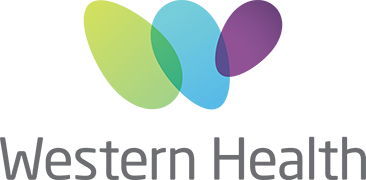Published on 15 August 2022
Since launching in March, the EMR Phase 2.1 Change Champion Network has seen over 269 staff join to learn more about the upcoming enhancements to our clinical systems.
We spoke to some of them to find out why they are excited about the introduction of EMR Phase 2.1 into their areas and why they enjoy being part of the Network.
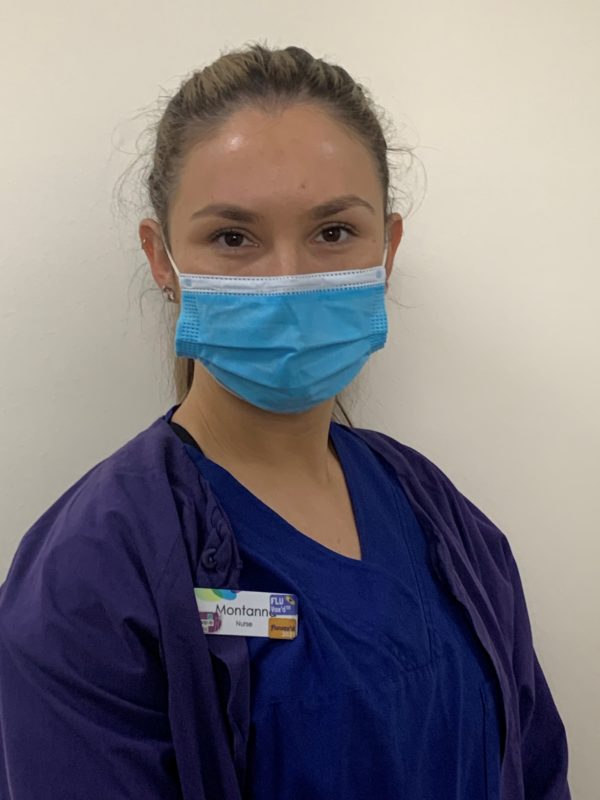 Montanna McQuade – Williamstown Perioperative, Nursing
Montanna McQuade – Williamstown Perioperative, Nursing
What will the expansion of the EMR into your area mean for you and your colleagues?
What we’re all looking forward to is the fact that everything is going to be on the one system. Currently when a patient comes in, we have multiple desktop files open so to have that all combined together will mean our jobs will be a lot easier and also reduce risks. We’re really excited that we won’t have to double up on our paperwork
It’s great that we’ll be able to see the workflow from when a patient is admitted, so we can see the patient’s journey from there all the way to the ward, and it also makes the handover to the ward easier.
What are you most excited about?
I think the main thing that’s exciting is this will be integrated across all campuses with the EMR, so that for patients it’s going to be better for their health, better for their journey from start to end in the hospital. For staff we’re all going to be on the same level and be able to access the same things, so patient safety and care and minimised risk is going to lead to better outcomes for our patients.
I’m really looking forward to it. I’ve worked at other places which have similar things, but personally the EMR at Western Health has been one of the best electronic systems I’ve used. It’s very clear, very easy to understand, and it’s going to be really good across all campuses and all different ages. I think it’s really exciting and it’s a very positive change for Western Health.
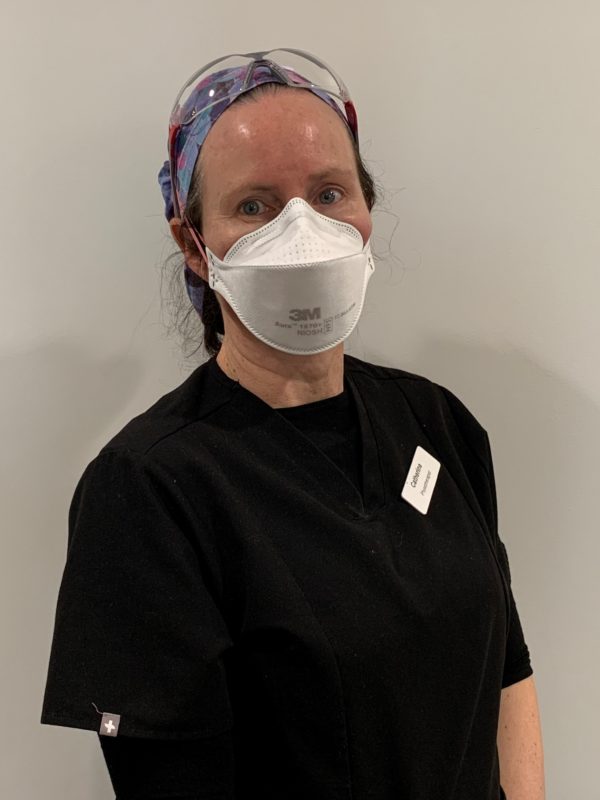 Catherine Knight – Allied Health, Sunshine
Catherine Knight – Allied Health, Sunshine
What impact will EMR Phase 2.1 have on you and your colleagues?
Hopefully it will mean that clinicians can spend more time doing what we do best and what we’re here for and that’s caring for patients, and less time trying to navigate multiple different software programs. Just to manage one particular patient you’re having to log into one program, you document that, you’re having to organise an x-ray so you have to exit from that and open up another program, if you want to book an appointment it’s something else, so for one simple and relatively straightforward patient interaction you might have to use half a dozen software programs just to achieve a particular end.
I guess from an Allied Health perspective we generally work as part of a team so improving that communication across different team members also.
How have you found the EMR Phase 2.1 Change Champion Network so far?
I think it’s a great opportunity. I think it’s always great to have people on the ground that are working in that clinical role that people can come to that understand their role, their clinical needs, and what they need to do as far as general patient flow or journey. I think having clinicians on the ground who are able to do that, and you’ve got the EMR team who are in the background as well, is fantastic.
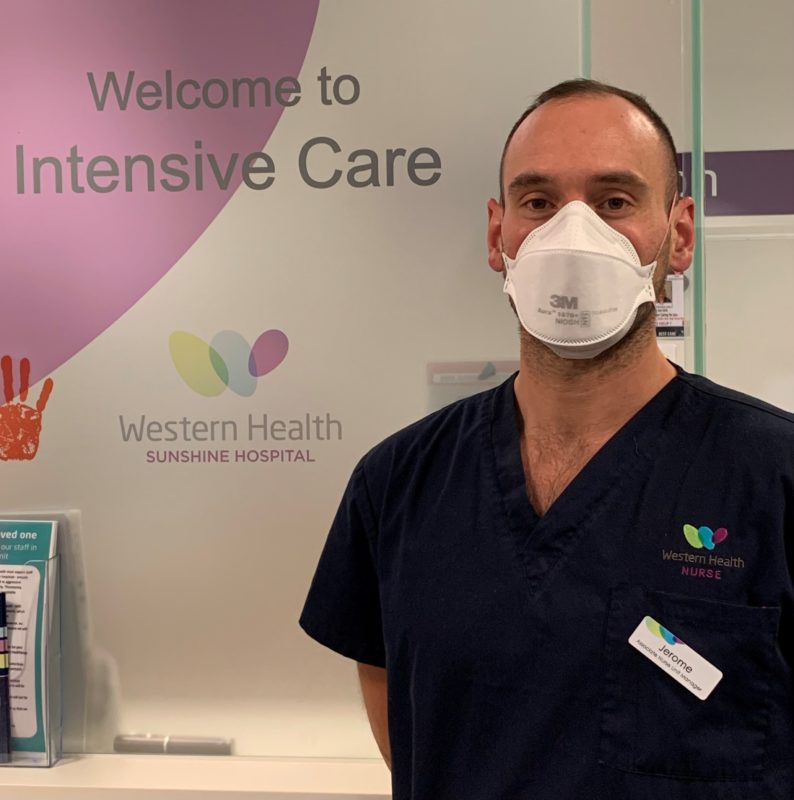 Jerome Hamoline – Sunshine ICU, Nursing
Jerome Hamoline – Sunshine ICU, Nursing
Why is EMR Phase 2.1 important for the Intensive Care Unit?
One of the things that I think is most beneficial for us is the visibility of the patient through the whole journey. So right from the Emergency Department, through to the ward and into ICU, as well as through Theatre. So having that one space for all the information to be held is the most beneficial thing instead of sifting through BOSSNet or ICCA or other platforms in order to find that information on our patients.
For patients, it means they’re going to get the best care. We’ll obviously have more time at the bedside with patients (following EMR Phase 2.1 Go-Live). I think it will be a bit of a learning curve in Intensive Care because we have our own system at the moment, but once you get familiar with the system it will definitely decrease the amount of time documenting and the duplication of work
I think Western Health is actually quite a bit further along than other organisations that I’ve worked at in terms of its implementation, and I’m actually quite excited for it to be done.
What would you say to colleagues about EMR Phase 2.1 and joining the Change Champion Network?
The biggest thing I would say is that “it’s coming”, so why not get on board now, be up to date, be in front of it, get the learning and support that you need, because it’s here and it’s upon us. It’s an exciting time so rather than be resistant, let’s be embracive and move forward together.
I’m excited to have it in here and looking forward to seeing it all come together.
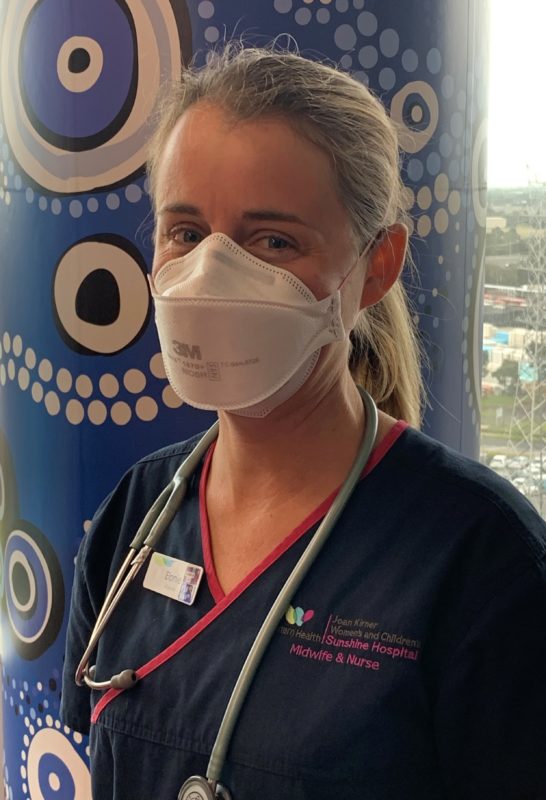 Elonie Prenter – Joan Kirner Women’s and Children’s, Nursing
Elonie Prenter – Joan Kirner Women’s and Children’s, Nursing
What will the expansion of the EMR into your area mean for you and your colleagues?
Things like keeping track of blood loss. Sometimes that can get a little lost in translation from someone’s handwritten notes, or from Birthing to Theatre, or even going between wards, so having one location to input that information will be more accurate and paint a clearer picture
Hopefully it will be easier to access relevant information on patient history, like alerts, or things that are going to mean we can find that information more easily so hopefully that can lead to more sensitive care.
What do you see as the benefits of the Change Champion Network?
I’m looking forward to being the person who can help other people use the system and feel really positive about the change. We’ve had to deal with a lot of change recently with Covid, and there’s been so much pressure on us to learn new things and keep evolving, but this is a change that is going to really help us to do our jobs more easily, so the more of us that know how to use it effectively the better it will be.
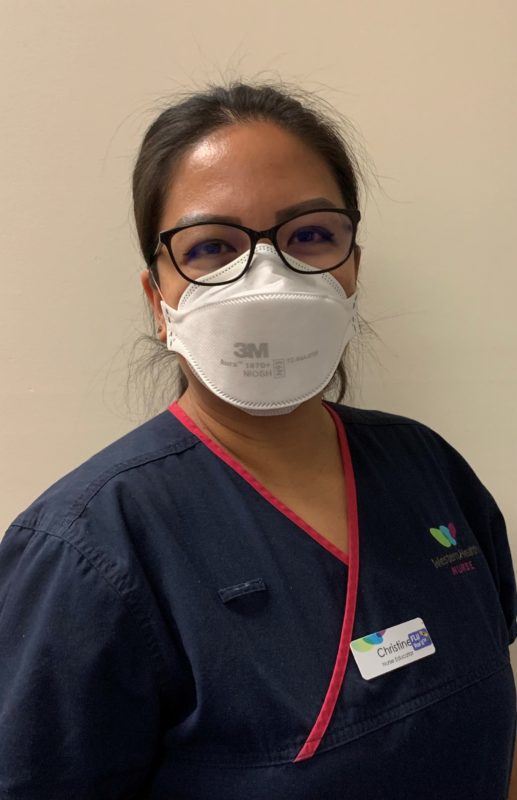 Christine Katsikis – Footscray Emergency Department, Nursing
Christine Katsikis – Footscray Emergency Department, Nursing
What will the expansion of the EMR into your area mean for you and your colleagues?
I think amalgamating all the programs is important. We have like 20 million programs that we have to access for one patient, so having the one program will create consistency in the process of being able to start the patient’s journey in our department until they finish their journey in our department.
Being able to access all the information at hand straight away will save us time as well and let us spend more time with the patient, and it shows the patient that we’re all on board across the multi-disciplinary teams
Why did you join the Change Champion Network?
I’ve been here for 17 years, and one of the things about change is it is hard. Some people find it harder than others, but the best thing to do when it is hard is to jump on board to get familiar with the change practice mindset.
To be part of the leadership team to implement these changes for the better is really exciting, and being part of the planning conversation around our provision of health is really important.
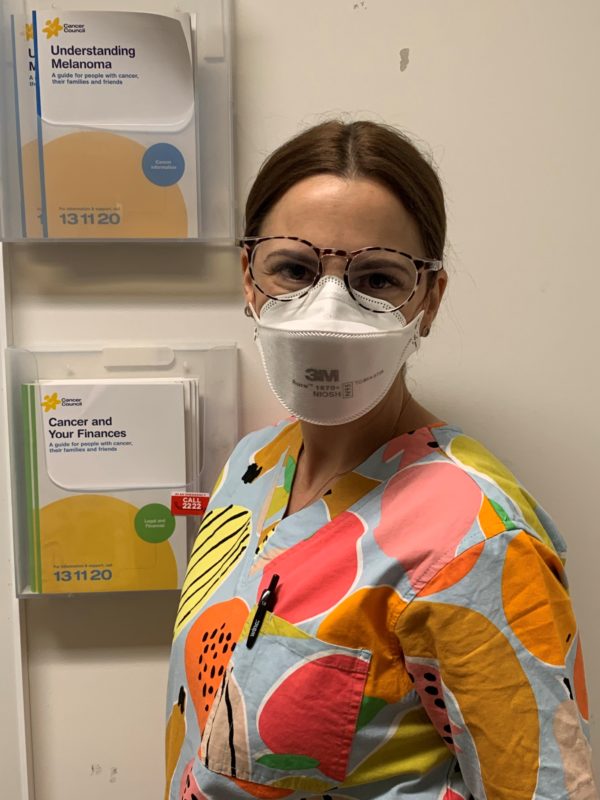 Maria Abboushi – Sunshine Cancer Services, Nursing
Maria Abboushi – Sunshine Cancer Services, Nursing
What will EMR Phase 2.1 bring to the Oncology Department?
I just think it’s going to streamline all of our care delivery. I think it’s going to help in terms of outpatient contact, all of our care will be streamlined in a one-stop-shop, so it’s going to be time saving for us in terms of our day-to-day work. It will be accessible for doctors so that the communication is all in one database rather than having to chop and change between paper and verbal and EMR, so we’re really looking forward to that.
The more efficient that we can work the better that is going to translate to our patients, because the more time we’re going to have to spend at the bedside. If we can find information quicker, and in a way where we can see the whole picture then we can provide better care for our patients because we’re going to have a wider range of information to be able to provide that care and that service delivery for them.
Why is the Change Champion Network important for you and your team?
I think it’s really good to have someone who’s had the information and a middle man, so I get educated and I’m able to pass that on to the staff, and then as I teach we educate all the staff and everyone supports each other really, really well in our ward. We’ve got a beautiful team of people that we work with, and I must say all the education sessions have been really great so I’m able to be educated and pass that information on to my colleagues.
I think the more of us the merrier really, because the more of us that have the knowledge the better we can support one another. It would be great to have a few more Change Champions from Oncology on board to help with that.
